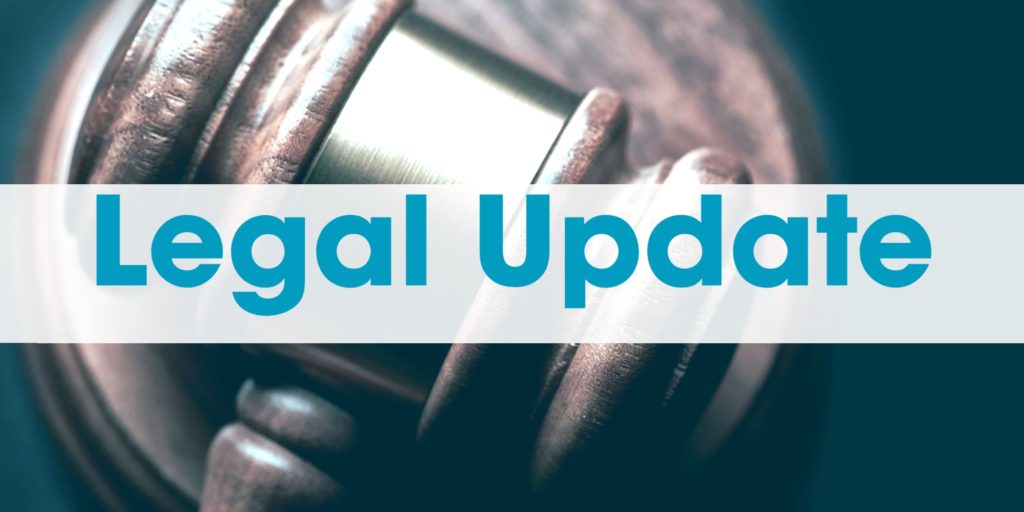 On Oct. 13, 2020, the Small Business Administration (SBA) published a new set of answers to frequently asked questions about the forgiveness of loans issued under the federal Paycheck Protection Program (PPP).
On Oct. 13, 2020, the Small Business Administration (SBA) published a new set of answers to frequently asked questions about the forgiveness of loans issued under the federal Paycheck Protection Program (PPP).
The PPP was created by the Coronavirus Aid, Relief, and Economic Security Act (CARES Act) as a response to the current COVID-19 pandemic and was designed to provide a direct incentive for employers to keep their workers on the payroll. Small businesses and eligible nonprofit organizations, Veterans organizations, and Tribal businesses described in the Small Business Act, as well as individuals who are self-employed or are independent contractors, are eligible if they also meet program size standards.
 On Sept. 22, 2020, the U.S. Department of Transportation (DOT) extended its COVID-19 drug and alcohol testing guidance to Dec. 31, 2020.
On Sept. 22, 2020, the U.S. Department of Transportation (DOT) extended its COVID-19 drug and alcohol testing guidance to Dec. 31, 2020.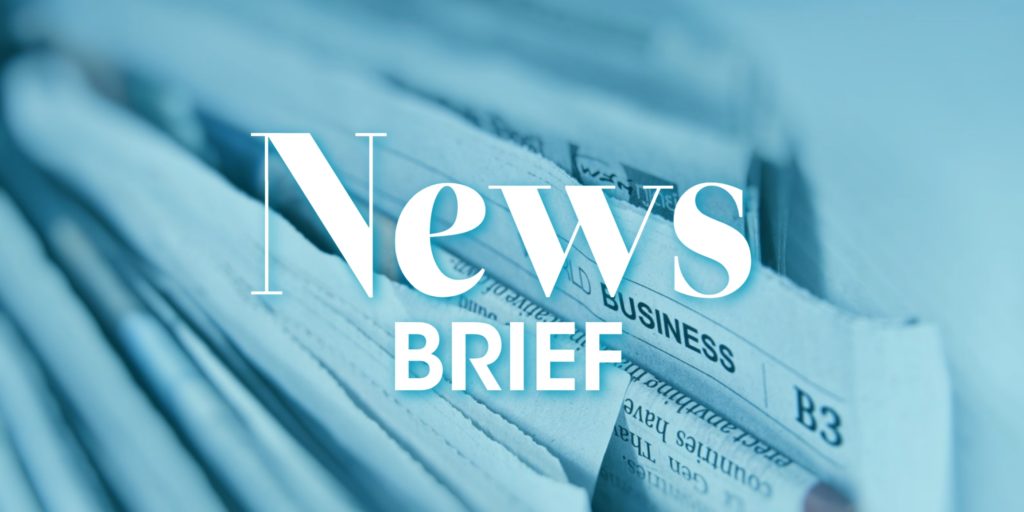 In a recent call with U.S. governors, Centers for Disease Control and Prevention (CDC) Director Robert Redfield warned that small gatherings are increasingly becoming a source for COVID-19 infections.
In a recent call with U.S. governors, Centers for Disease Control and Prevention (CDC) Director Robert Redfield warned that small gatherings are increasingly becoming a source for COVID-19 infections.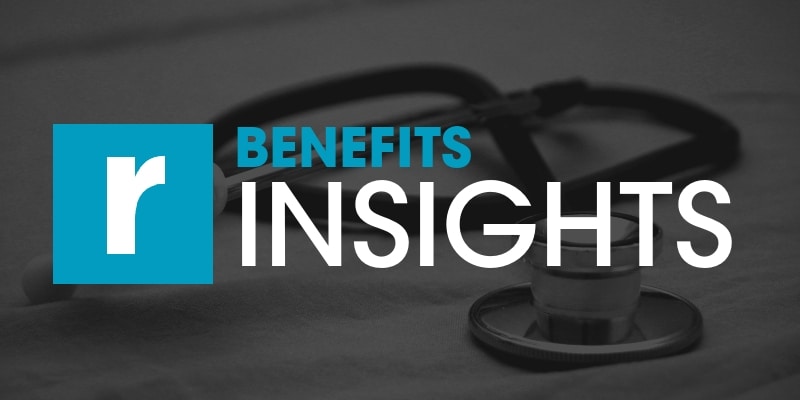 The COVID-19 pandemic has undoubtedly changed many aspects of the modern workplace—and some of those changes may continue in perpetuity after the pandemic is over. One aspect that falls into this category is paid leave programs.
The COVID-19 pandemic has undoubtedly changed many aspects of the modern workplace—and some of those changes may continue in perpetuity after the pandemic is over. One aspect that falls into this category is paid leave programs. On Oct. 13, 2020, the Small Business Administration (SBA) published a new set of answers to frequently asked questions about the forgiveness of loans issued under the federal Paycheck Protection Program (PPP).
On Oct. 13, 2020, the Small Business Administration (SBA) published a new set of answers to frequently asked questions about the forgiveness of loans issued under the federal Paycheck Protection Program (PPP).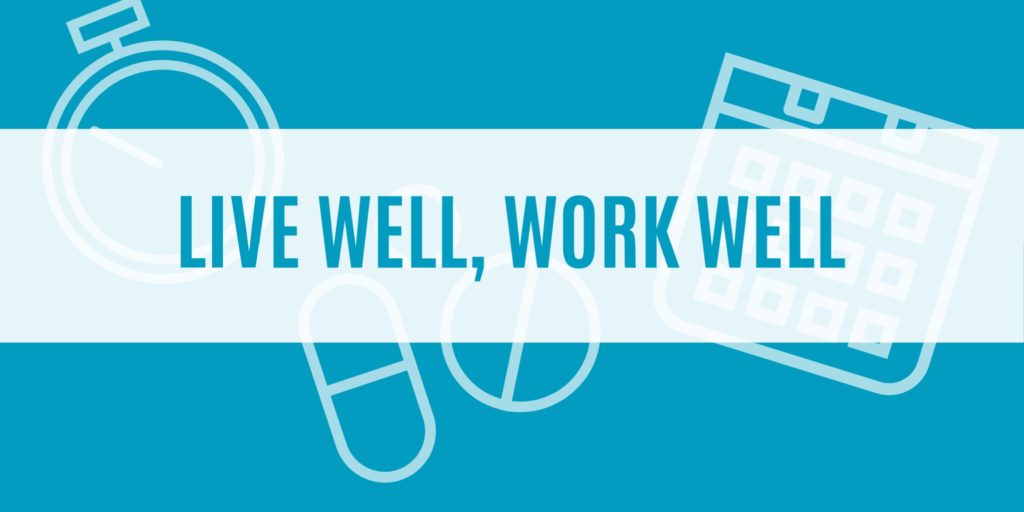 The need for social distancing has put a pause on normal socializing activities, like family get-togethers, restaurant outings and music concerts.
The need for social distancing has put a pause on normal socializing activities, like family get-togethers, restaurant outings and music concerts.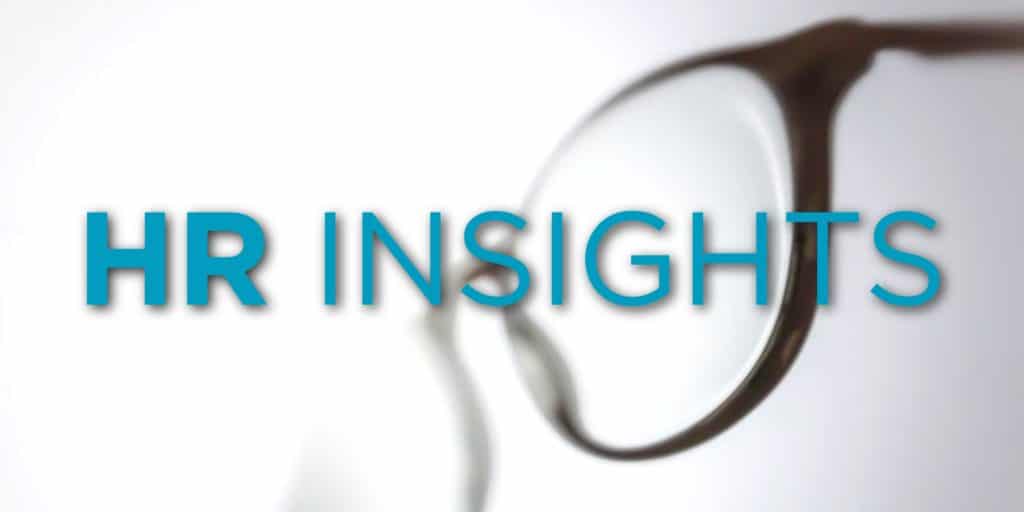 In the wake of the COVID-19 pandemic, working parents are now being forced to contend with their children’s new school routines.
In the wake of the COVID-19 pandemic, working parents are now being forced to contend with their children’s new school routines.